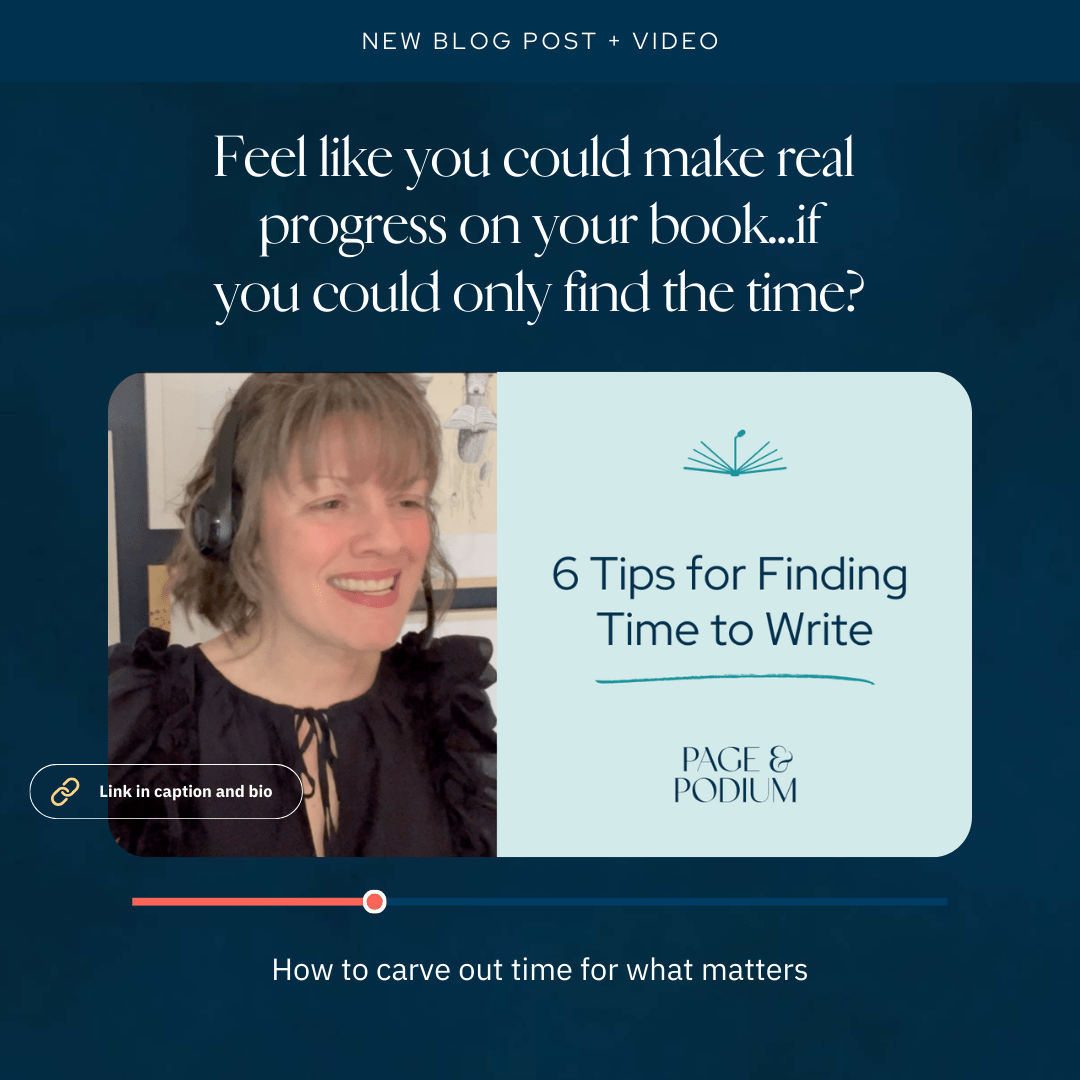We talk a lot about how writing (or working with a ghostwriter on) a book can help elevate your status and bring in new clients. But as important as those things are, there’s an even better reason to take the book plunge: to get clear on your purpose.
Most businesses begin on a shoestring and a dream—we scramble around learning all the business things, often marketing and promoting our businesses before we’re even clear about what the business is. Believe us, we get it!

But as you begin to scale, you might realize that there are conceptual decisions you’ve put off in favor of operations, accounting, and all the little day-to-day tasks of new businesses. And just about the time entrepreneurs start thinking about writing a book, we find they’re usually grappling with larger issues of their purpose.
Should they hire a ghostwriter, or is the money and time better spent hiring a branding expert?
As it turns out, hiring a ghostwriter can fulfill many of the same goals as a branding coach. Here are the top five ways our clients have experienced their books as brand boosters.
1. Rehearse Your Mission
The first item on this list is probably the most obvious—through the six-week process of talking about your approach, perspective, mission, and vision, you can help but get clearer about who you are as an entrepreneur. The process is, quite literally, an exercise in articulating your brand!
2. Gather Evidence of Effectiveness
If you’ve ever been on a sales call and struggled to come up with an example to illustrate your effectiveness on some aspect of your business, you know the value of having stories on hand. As you work with your ghostwriter to develop your manuscript, she’ll ask you for lots of examples.
“Reading your stories and ideas back through your ghostwriter’s skills will allow you to borrow particularly useful words and adopt any clever storytelling strategies. This is particularly helpful when you’re pitching to potential investors and established stakeholders – where a polished presentation comes in handy.”
Not only will you refresh these in your memory—sharing them all within a couple of months helps you see which anecdotes are most powerful in which contexts, helping to refine your sales calls and presentations.
3. Steal Storytelling Strategies
You’ll share your stories and ideas with your ghostwriter, which is helpful on its own. But what’s better than practicing your story? Having a professional wordsmith retell the story in the most impactful way! After you’ve shared, you’ll get to read your ideas back in the draft, but they’ll be presented with the most powerful language and structure. Reading your stories and ideas back through your ghostwriter’s skills will allow you to borrow particularly useful words and adopt any clever storytelling strategies. This is particularly helpful when you’re pitching to potential investors and established stakeholders – where a polished presentation comes in handy.

4. Borrow an Objective Ear
Sometimes potential clients are concerned about hiring a ghostwriter who is an expert on their topic. But a qualified ghostwriter doesn’t need to be an expert on your topic—if you bring the topic genius, they’ll bring the writing skills. Working with a ghostwriter who doesn’t know anything about your business can help reveal your blind spots. Your ghostwriter is essentially an objective outsider who will spend hours getting to know your business. And through their drafts, they’ll show you where you need to be clearer, more concise, or even more consistent with your approach.
5. Develop A Clearer Avatar
Books are business, and like all businesses, they demand a crystal clear vision of their audience. But while many businesses struggle with this step, trained ghostwriters know it can’t be skipped. Audience analysis is baked into many ghostwriters’ processes! As you develop the manuscript and publishing plan, you’ll be forced to define your audience parameters. In most cases, this perfectly aligns with your target client.
Every business is different, so every entrepreneur will get something different from the process. But across the board, our clients comment on the clarity they got from the process.
We’d love to work with you to develop your book and your business. If you’re not quite ready to pull the trigger on a full book, check out our free guide, Your Book’s Big Picture. While it’s no substitute for the manuscript development stage of the ghostwriting process, it can help you hone your vision for your company and your entrepreneurial journey. Download it here today.



